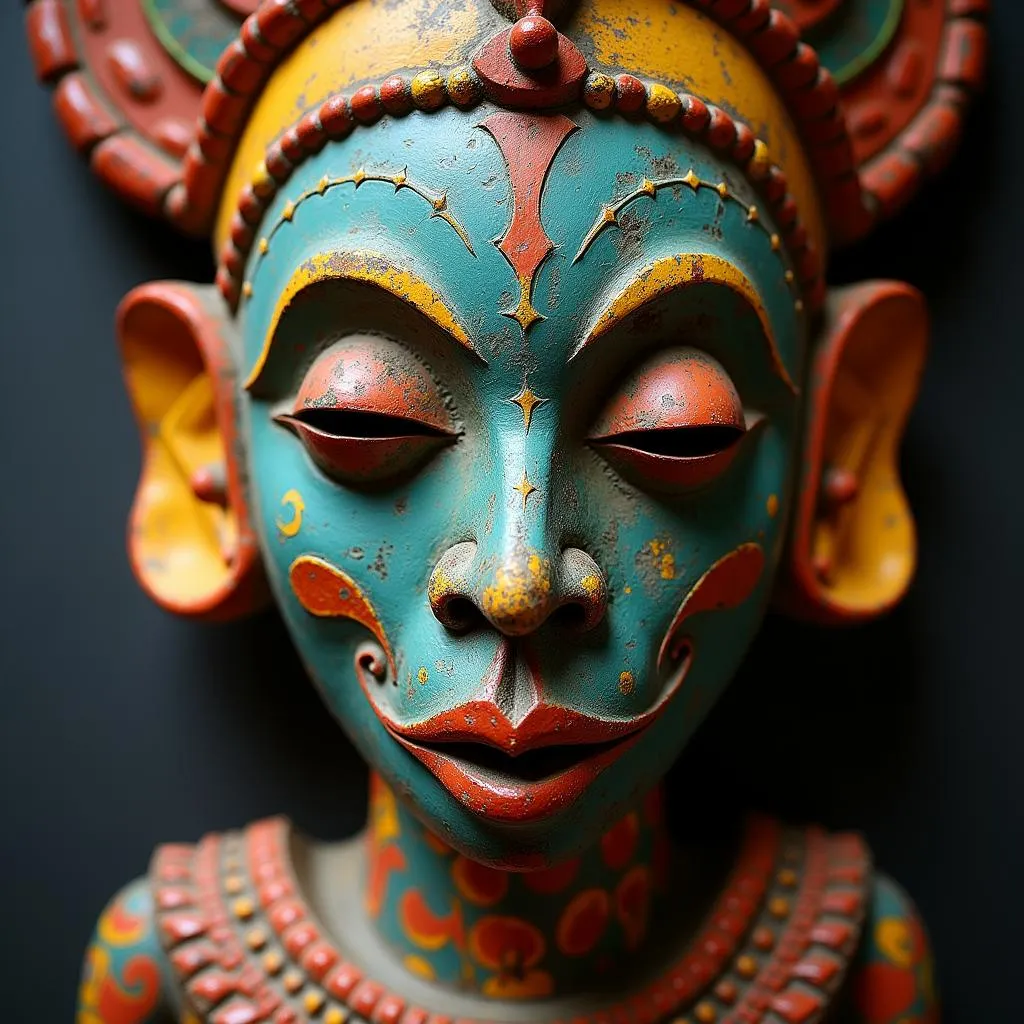A Journey Through Africa: Exploring the Names and Diversity of the Continent’s Countries
Africa, the second-largest continent in the world, is a breathtaking tapestry of landscapes, cultures, and people. Home to a diverse array of ecosystems, from lush rainforests to vast deserts, the African continent is also a melting pot of languages, traditions, and histories. One of the most captivating aspects of this continent is its rich and diverse collection of countries, each with its own unique identity and story. Let’s embark on a journey to explore the names and the captivating stories behind the countries that make up the African continent.
The Diversity of African Country Names
The names of African countries are as diverse as the continent itself. Some names are rooted in ancient languages and cultures, while others reflect historical events or geographic features. For instance, african freedom fighters name are a testament to the courage and determination of African people in their fight for independence. Here are some of the fascinating origins and meanings behind the names of African countries:
Countries Named After People
- Botswana: Derived from the Tswana word “Motswana,” meaning “person from the land of Batswana.”
- Zimbabwe: The name comes from the Shona word “Dzimbabwe,” which refers to stone houses or buildings, and signifies the ruins of the Great Zimbabwe, a significant historical site.
- Namibia: Named after the Namib Desert, which in turn derives from the Nama language word “namib,” meaning “vast place.”
- Gabon: This name originates from the Portuguese word “Gabão,” meaning “cloak,” likely referring to the shape of the country’s coastline.
Countries Named After Geographic Features
- Egypt: Its name originates from the Greek word “Aegyptos,” which was derived from the ancient Egyptian word “Hwt-ka-Ptah,” meaning “House of the Ka of Ptah,” referring to the temple of the god Ptah.
- Niger: Named after the Niger River, one of the longest rivers in Africa.
- Kenya: Derived from the Kikuyu word “Kirinyaga,” meaning “mountain of whiteness,” referring to Mount Kenya.
- Mozambique: The name has its roots in the Arabic word “Mozambik,” likely referencing the port city of Sofala on the coast.
Countries with Historical Significance
- Algeria: Its name comes from the Arabic word “al-Jazā’ir,” meaning “the islands,” referring to the numerous islands along the coast.
- Sudan: The name originates from the Arabic word “as-Sūdān,” meaning “the land of the blacks,” which was used to refer to the region south of Egypt.
- Ghana: Named after the ancient Ghana Empire, a powerful trade center in West Africa from the 4th to the 13th centuries.
- Ethiopia: The name comes from the Greek word “Aithiopia,” which means “land of burnt faces,” referring to the people’s dark skin.
Exploring the African Continent: A Country-by-Country Journey
Africa is a continent of immense diversity, and each of its countries offers a unique glimpse into the continent’s rich tapestry of culture, history, and landscapes. Here’s a glimpse into some of the countries that make up this magnificent continent:
African countries and capitals game
North Africa
- Egypt: The cradle of ancient civilizations, Egypt boasts iconic pyramids, ancient temples, and a vibrant modern culture.
- Algeria: A vast country with diverse landscapes, from the Sahara Desert to the Mediterranean coast, Algeria has a rich Berber heritage and a vibrant artistic scene.
- Morocco: Known for its colorful cities, stunning beaches, and majestic mountains, Morocco is a captivating blend of Arab and Berber cultures.
West Africa
- Nigeria: A bustling nation with a vibrant cultural scene, Nigeria is home to diverse ethnic groups and a rich history of art, music, and cuisine.
- Ghana: A land of golden beaches and rich history, Ghana was the center of the trans-Atlantic slave trade and is now a thriving democracy.
- Senegal: Known for its vibrant music and dance, Senegal is a country with a strong cultural identity and a beautiful coastline.
Central Africa
- Cameroon: A country with diverse landscapes, from rainforests to volcanic mountains, Cameroon is known for its rich biodiversity and its traditional music and dance.
- Democratic Republic of the Congo: The second-largest country in Africa, the DRC boasts an incredible biodiversity and is home to the rainforests of the Congo Basin.
- Gabon: A country with lush rainforests and abundant wildlife, Gabon is a haven for ecotourism and conservation efforts.
East Africa
- Ethiopia: One of the oldest civilizations in the world, Ethiopia boasts a rich history, stunning landscapes, and a unique culture.
- Kenya: A land of wildlife safaris, breathtaking landscapes, and stunning beaches, Kenya is a popular destination for adventure travelers.
- Tanzania: Home to Mount Kilimanjaro, the Serengeti National Park, and the Zanzibar Archipelago, Tanzania offers a diverse array of natural wonders and cultural experiences.
Southern Africa
- South Africa: A nation with a rich history and a diverse population, South Africa is known for its stunning landscapes, vibrant cities, and its struggle against apartheid.
- Botswana: A land of vast deserts and abundant wildlife, Botswana is a popular destination for wildlife safaris and ecotourism.
- Zimbabwe: Known for its ancient ruins, such as the Great Zimbabwe, Zimbabwe also boasts beautiful natural landscapes and diverse wildlife.
The Enduring Spirit of the African Continent
The African continent is a land of incredible diversity and resilience. Its people have faced numerous challenges throughout history, but their spirit remains strong. From the ancient civilizations of Egypt to the modern-day advancements in technology and business, the continent is a testament to the enduring spirit of its people. african freedom fighers have shown the world that African people are capable of great feats and are determined to build a brighter future for themselves and their children.
african girl name meaning pure
The names of the countries that make up the African continent are just one small piece of the larger puzzle that is Africa. From the diverse languages spoken to the unique customs and traditions, Africa is a continent of endless fascination and wonder. It’s a continent that calls for exploration, understanding, and appreciation.
Frequently Asked Questions (FAQs)
Q: How many countries are there in Africa?
A: There are 54 countries in Africa.
Q: What is the largest country in Africa?
A: Algeria is the largest country in Africa by land area.
Q: What is the smallest country in Africa?
A: Seychelles is the smallest country in Africa by land area.
Q: What are some of the most popular tourist destinations in Africa?
A: Some of the most popular tourist destinations in Africa include Egypt, South Africa, Kenya, Tanzania, and Morocco.
Q: What are some of the challenges facing the African continent?
A: Some of the challenges facing the African continent include poverty, hunger, disease, conflict, and climate change.
Q: What are some of the opportunities for the future of Africa?
A: Some of the opportunities for the future of Africa include economic growth, technological advancement, and the development of human capital.
This is just a brief glimpse into the rich and diverse tapestry of the African continent. There is much more to explore and discover about this amazing place.

